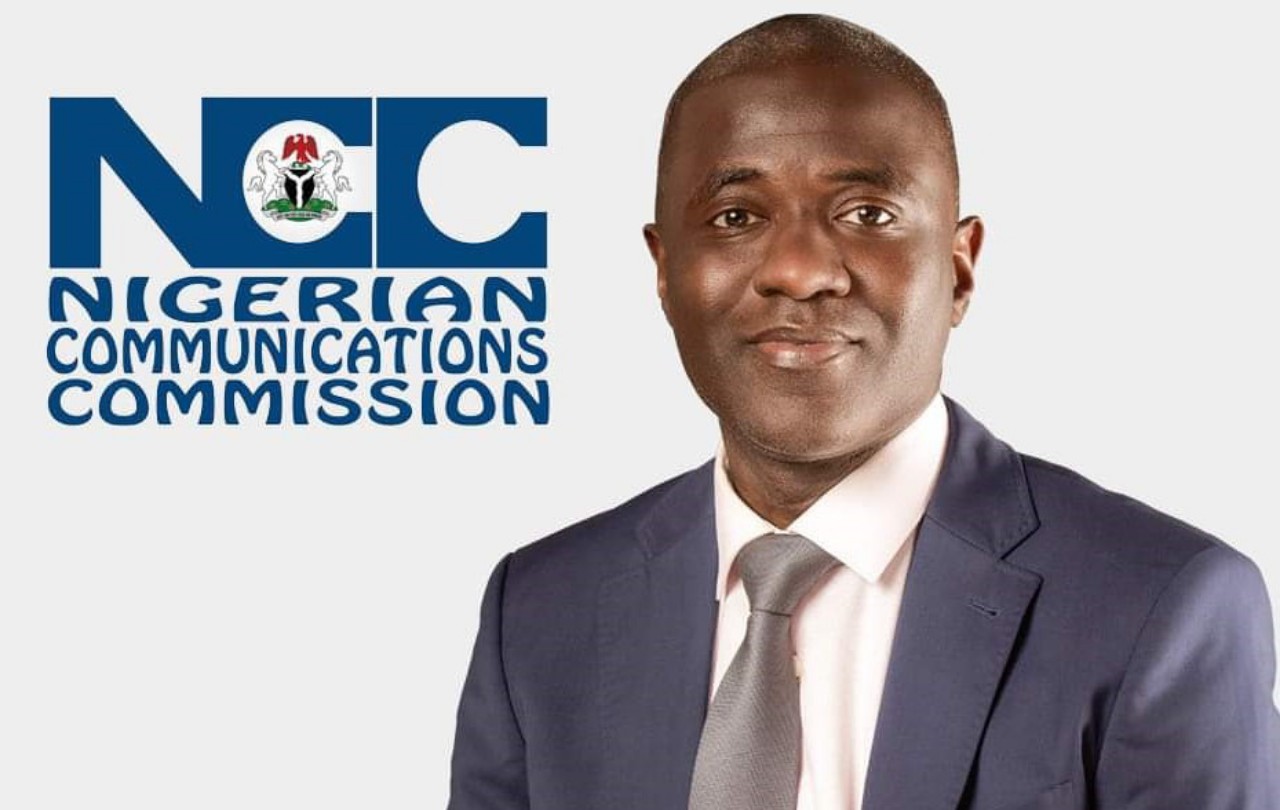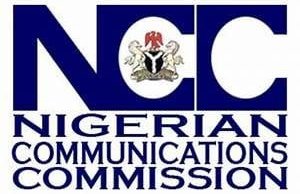The Nigerian Communications Commission (NCC) has, again, declared that there is no going back on the 28 February, 2024 deadline for telephone users to link their National Identification Number (NIN) to their Subscriber Identification Module (SIM).
Executive Vice Chairman/CEO of the Commission, Dr Aminu Maida, stated this while speaking at the “NCC Special Day” at the 45th Kaduna International Trade Fair, organised by the Kaduna Chamber of Commerce, Industry, Mines and Agriculture (KADCCIMA).
He said one major objective of linking subscribers’ NIN to SIM was to help improve and enhance national security in the country.
Maida emphatically declared: “As a matter of critical national security, telecom subscribers must link their NIN to the SIM.
“To this end, the Commission has directed all telecommunication operators to bar phone lines of subscribers whose lines are not linked to their NIN on or before February 28, 2024.”
He explained that the campaign on NIN-SIM Linkage is a process of connecting the subscriber’s NIN to the phone number to authenticate and protect his/her identity.
“To link your NIN to your SIM, a subscriber needs to submit his/her NIN to their respective service provider to complete the process of NIN-SIM linkage.
“For subscribers who do not have the NIN, they can obtain theirs from the National Identification Management Commission (NIMC) Enrolment Centres or Your Service Providers Customer Care Centres, and you need a valid ID Card and BVN for enrolment.
“A subscriber can also link his/her NIN to his/her SIM by sending NIN- your 11 digit NIN to 996 or Dial *996* Your 11 Digit NIN# and follow the prompts.
“A telecoms subscriber can link his/her NIN to as many as 4 mobile phone numbers per Mobile Network,” Maida further explained.
The NCC EVC said the theme of the 45th Kaduna International Trade Fair, “Sustaining Economic Recovery through Deepening Local Content Value Chain”, was particularly significant and extremely important.
He said the theme resonated deeply with the principles and objectives of the NCC on the promotion of local content development in the telecoms industry.
“The NCC is an independent national regulatory authority that oversees telecommunication services in Nigeria.
“Our vision at NCC is to create a dynamic regulatory environment that ensures universal access to affordable and equitable service and supports the nation’s economic growth.
“As a regulator of the telecommunications sector in the country, the Commission carries out its functions to ensure service availability, accessibility, affordability, and sustainability for all categories of consumers, who are leveraging on ICT/Telecoms to drive personal and business activities,” he said.
Maida therefore declared that NCC was fully committed to the advancement of local content and the overall development of the Nigerian economy.
“We recognise the importance of deepening the local content value chain as a critical driver for economic sustainability and growth.
“The NCC remains dedicated to fostering an enabling environment for telecommunications industry, where local content and innovation can thrive as this is one of the most critical thrust of the Ministry of Communications, Innovation and Digital Economy.
“We cannot overemphasise the fact that robust local content value chain will not only create economic opportunities but also contribute to technological advancement, job creation and skills development within the country.
“In line with our commitment to supporting local content, the NCC has implemented various initiatives to promote indigenous participation in the telecommunications sector,” he added.
The initiatives, he said, included the
Nigerian Office for Development of Indigenous Telecommunications Sector (NODITS) and sponsorship of Hackathons to encourage and promote Nigerian innovator expanding the frontiers of the Digital Economy.
The NCC EVC also said the Commission has continued to prioritise consumer protection and empowerment, ensuring that consumers have access to high-quality telecommunications services and are well-informed about their rights and responsibilities.
“We believe that an empowered consumer base is essential for driving demand and sustaining the growth of the local content value chain,” he added.
He therefore urged all stakeholders, including telecommunications operators, equipment manufacturers, software developers, and consumers, to embrace the ethos of promoting local content.
“By working together, we can create a more vibrant and inclusive telecommunications industry that contributes significantly to the Nigeria’s economic recovery and growth,” he said.




























